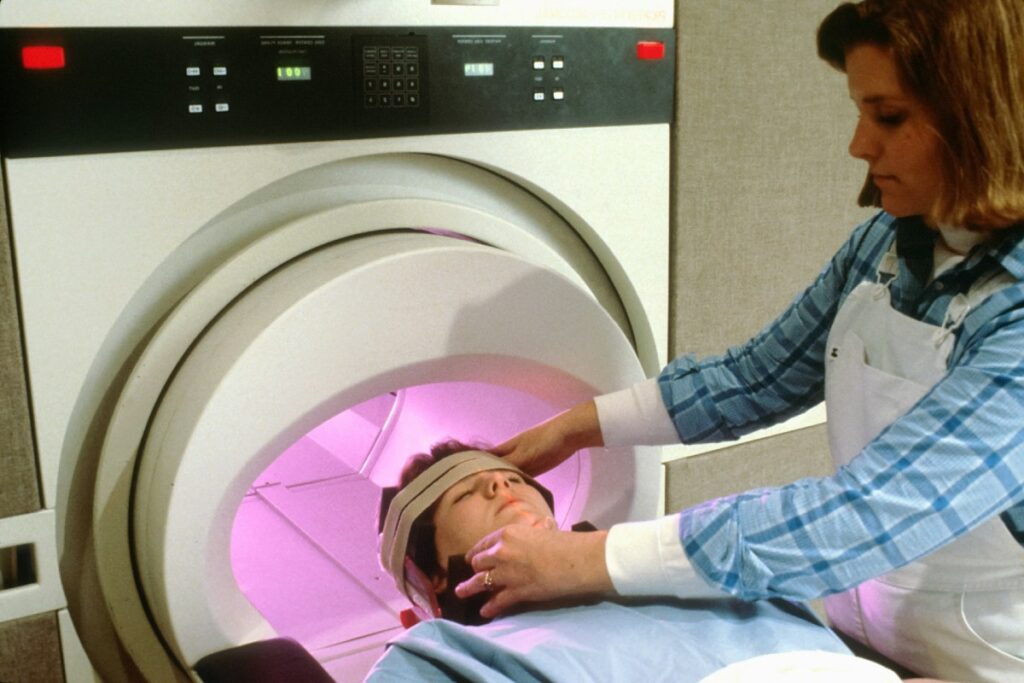
By Henry Well | In my over 15 years of service working for patient support nonprofits, I’ve seen firsthand the havoc that cancer wreaks on families, claiming over 11,000 lives in our state this year alone. Cancer is the number one killer for those under 85 years old, a stark reminder of the relentless challenge it poses.

The narrative around cancer is often one of anger and despair, in large part because of its seeming randomness and because a general “cure” remains elusive. However, the development of new advanced screening technologies offers a beacon of hope for better controlling cancer’s burden – as do the efforts of South Carolina’s U.S. Sen. Tim Scott, who is fighting to make them accessible to the people most at risk.
Prevention and early detection through regular screenings have long been our best defense against cancer. A person’s chances of successful treatment rise significantly when cancer is caught at its earliest stages. And while screenings such as mammograms and colonoscopies are vital, they’re focused on detecting single cancers at a time.
Newer, innovative multi-cancer early detection (MCED) tests represent a seismic shift in our ability to diagnose cancers early. These tests can identify dozens of cancer types with a single blood draw – heralding a new frontier in cancer screening. And there is excitement that these tools can benefit folks for whom traditional screening methods are less accessible – such as people living in rural areas.
But the full potential of MCEDs are hindered by existing coverage limitations. Medicare, which covers the vast majority of South Carolinians over 65, does not have a process for timely coverage of preventive services like it does for other medical procedures, drugs and devices. This means it will be years of bureaucratic delays before MCEDs are available to beneficiaries. Hundreds of thousands of cancers could go undiagnosed in the meantime.
Recognizing this issue, Scott has emerged as a champion for the cancer community, advocating for legislative changes that would ensure Medicare beneficiaries have access to MCED tests upon FDA approval. His leadership and steadfast support of the Medicare Multi-Cancer Early Detection Screening Coverage Act, underscores a commitment to removing barriers and fostering a health care landscape where breakthrough tools are within reach for America’s seniors.
The bill currently has over 300 co-sponsors in both houses of Congress – support that is overwhelmingly bipartisan. Further, more than 500 advocates and organizations devoted to cancer treatment, support and research have publicly expressed their support for this bill.
It’s a rare thing in Washington for a health care bill to have so much support from such a widespread and ideologically diverse coalition. The time is now for Congress to step up and pass Scott’s legislation – it will save lives and signify a tremendous leap forward in our collective fight against cancer.
We stand on a cusp of a new future where, thanks to regular screenings with the latest technology, finding cancer in late stages is the exception and not the norm. The choices our representatives make will determine how quickly we reach this new future. I hope they make the right ones.
Columbia resident Henry Well is the executive director of the South Carolina Cancer Alliance.















 We Can Do Better, South Carolina!
We Can Do Better, South Carolina!